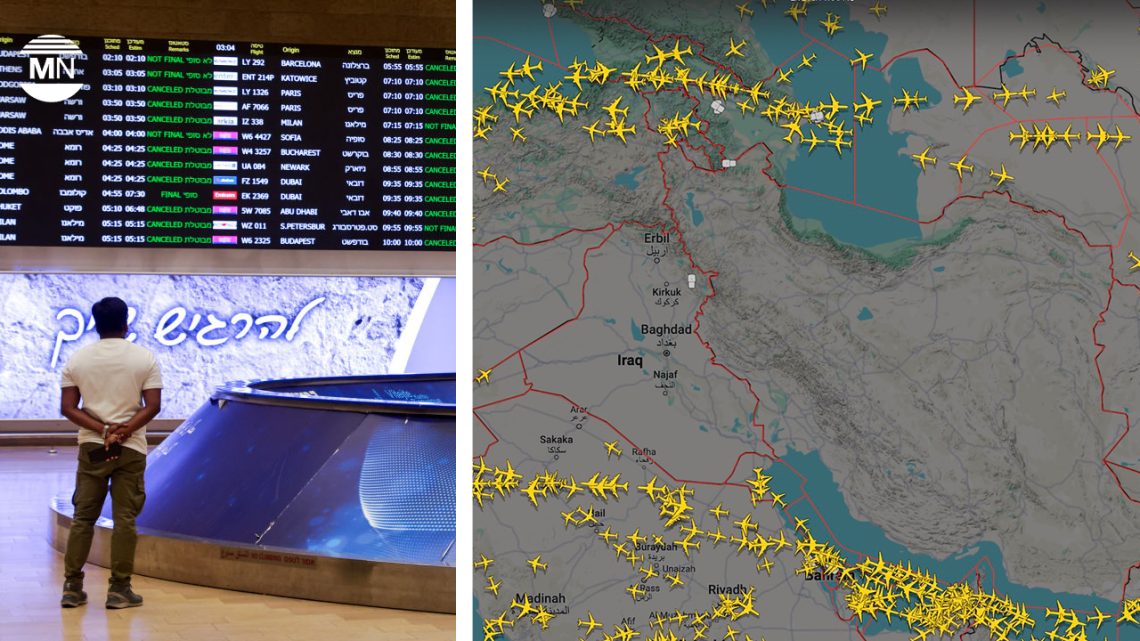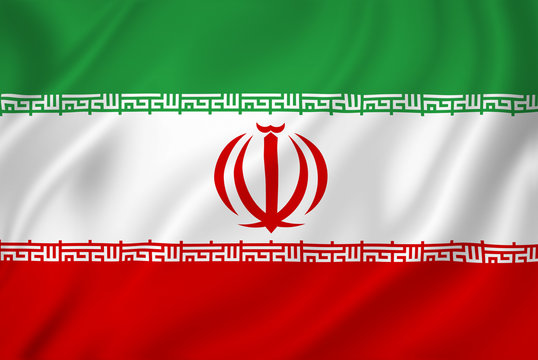June 13, 2025
Several major global airlines have suspended or rerouted flights to the Middle East following a dramatic escalation in regional tensions, after Israel launched a targeted airstrike on Iranian military assets, killing top Iranian generals.
The airstrike, which occurred late Thursday, June 12, has triggered heightened security concerns and raised fears of a wider conflict in the already volatile region. In response, air carriers including Emirates, Lufthansa, British Airways, and Qatar Airways announced immediate changes to their flight paths and schedules affecting Iran, Israel, and neighboring countries.
Airspace Restrictions and Safety Concerns
The International Civil Aviation Organization (ICAO) has issued an advisory warning airlines to avoid Iranian and Israeli airspace amid the threat of retaliatory strikes. Several governments have followed suit, issuing travel advisories urging citizens to postpone non-essential travel to the affected areas.
A statement from Lufthansa Group read:
“Given the deteriorating security situation, all flights to Tehran and Tel Aviv are suspended until further notice to ensure the safety of passengers and crew.”
Similarly, the U.S. Federal Aviation Administration (FAA) has restricted American carriers from operating in parts of Middle Eastern airspace deemed high-risk.
Passenger Impact and Alternative Routes
Passengers with existing bookings have been advised to check with their airlines for updates. Many are being rerouted via alternative hubs such as Istanbul, Dubai, and Cairo. Some flights en route at the time of the escalation were diverted mid-air.
Travelers stranded at airports in Europe and the Gulf have taken to social media, demanding clearer information and quicker rebooking options. Airlines are working to accommodate affected passengers, but delays and cancellations are expected to persist in the coming days.
Rising Diplomatic Tensions
The strike marks a significant escalation in hostilities between Israel and Iran, drawing global concern. The United Nations has called for restraint and immediate de-escalation. Analysts warn that a prolonged conflict could further disrupt international travel and global oil markets.
As the situation unfolds, aviation authorities and foreign ministries continue to monitor developments closely.







